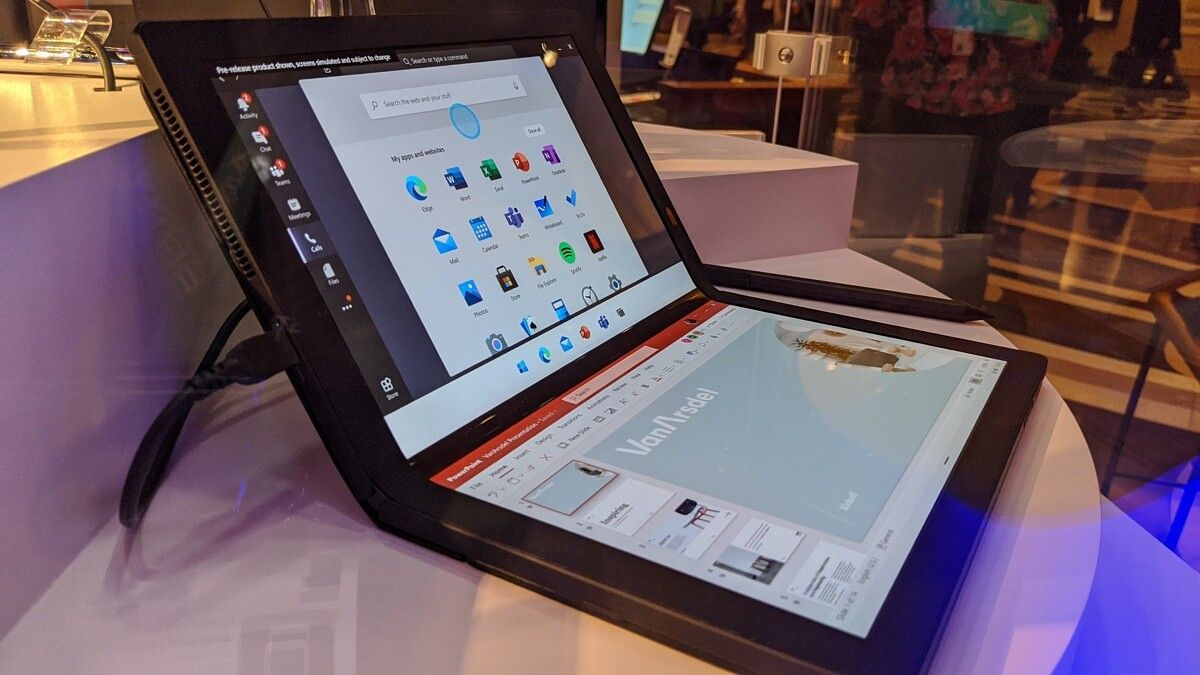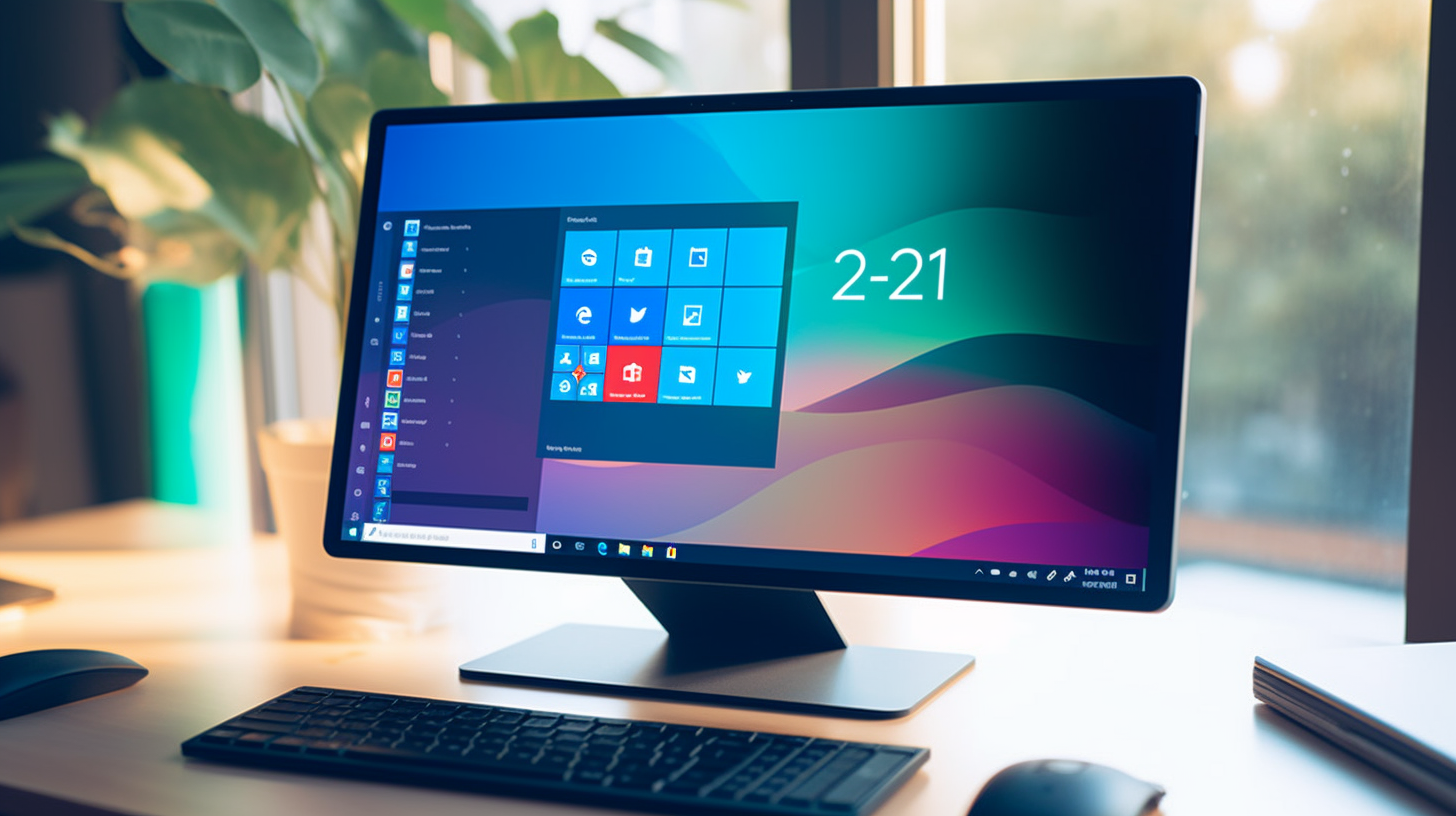Microsoft is planning to update the Windows operating system with a new "modern" version, which will probably be Windows 12, and will be released in 2024. The company's most recent attempt at modernisation was Windows 10X, which was eventually shelved in favour of Windows 11.
The new initiative, called CorePC, aims to create an operating system that makes better use of different form factors. With CorePC, different feature sets are applied to different devices, optimising the experience for all form factors.
Microsoft's approach with the CorePC is the opposite of the Windows 10X: it starts with the full Windows feature set and strives for modular design. One version of Windows mentioned could be a ChromeOS counterpart, 60-75% smaller than Windows 11 SE, running only the Edge browser, Android apps and Office apps.

Microsoft is also developing a "silicon-optimised" version that will allow better hardware and software integration, similar to Apple Silicon. The Windows will also include 12-state separation, which breaks up the various operating system components into separate partitions, many of which will not be accessible to users.
State separation will result in faster updates, as it will be easier to update system files without disrupting device usage. Another benefit of state separation is improved reliability of the device reset process.
Artificial Intelligence (AI) will play a significant role in Windows 12, as seen in Microsoft's focus on Bing chat and Microsoft 365 Copilot AI. AI features could include, for example, Windows recognising content on the screen and making offers based on the information displayed.
The Windows can also identify elements of a photo and allow users to cut and paste them elsewhere. It remains to be seen whether Microsoft will be able to deliver on its promises, given the much-touted Windows 10X project's cancellation.


